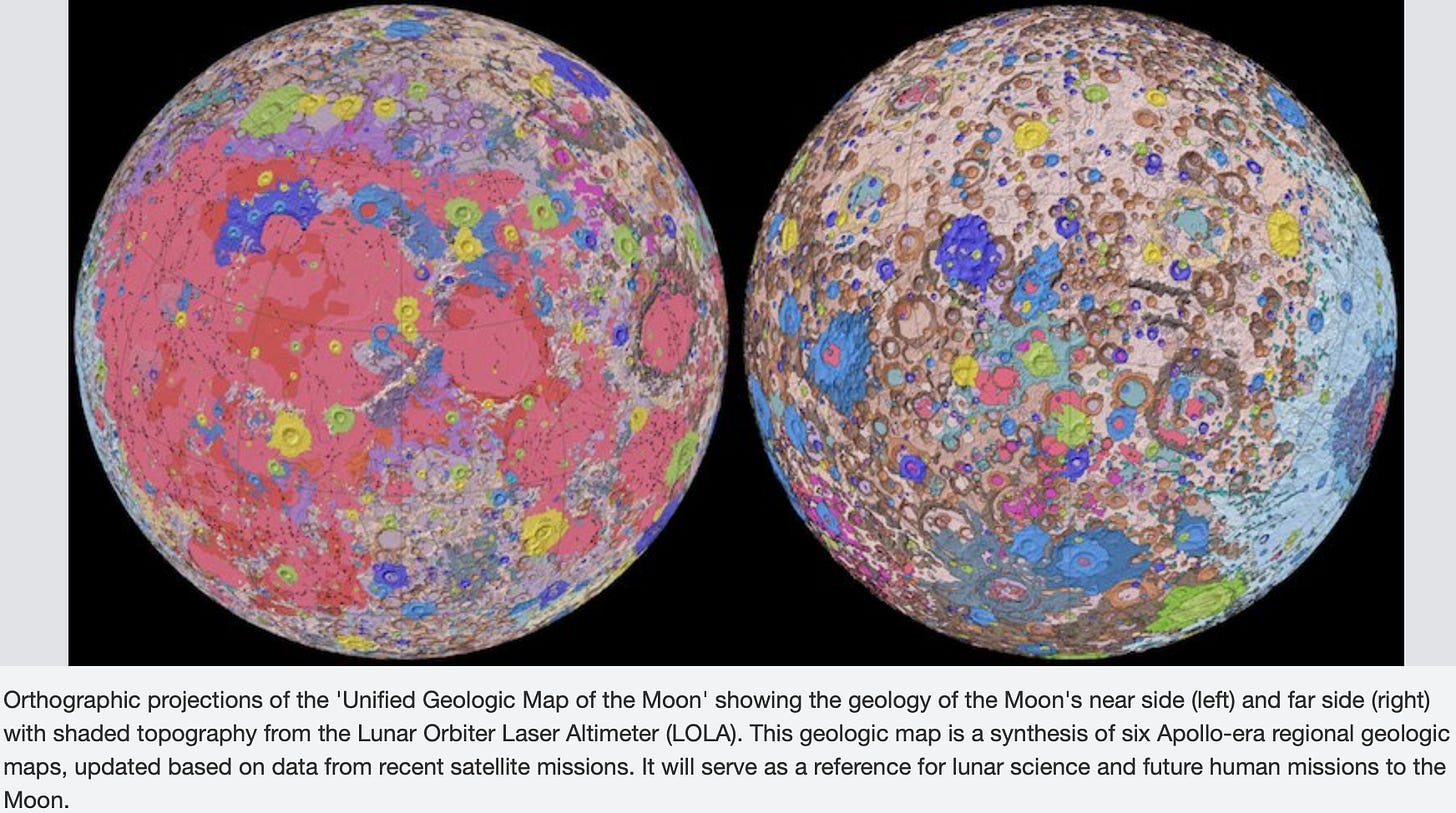Like the newsletter? During this trial period, you get the Founding Member Rate — 50% off the regular cost. Continued thanks to everyone who already has done so!
The World
U.S. gross domestic product fell at a 4.8 percent annual rate in the first quarter of the year — the first decline since 2014, and the worst quarterly contraction since 2008. Economists expect Q2 G.D.P. will contract at an annual rate of 30 percent or more. Meanwhile, National Economic Council Director Larry Kudlow sees the 'cash' phase of economic rescue winding down. (New York Times, Reuters)
A government-run study of Gilead’s remdesivir, perhaps the most closely watched experimental drug to treat the novel coronavirus, showed the medicine is effective against Covid-19. Markets moved. (STAT News)
U.S.-China decoupling accelerates as the U.S. tightens technology export-control restrictions to keep products away from China’s military. Meanwhile, a debate over boosting American medical supply production grips the White House, as the U.S. weighs how to confront China. Experts expect severe supply chain disruptions as the superpowers’ relationship worsens. (South China Morning Post, Washington Post, Wall Street Journal)
“Bring the president down here”: Indiana meat plant workers are angered by planned Trump order to keep meat processing plants open. “God help the people on the line,” said Gary Harris, who has worked at the northern Indiana plant for 20 years. “Everyone is scared and worried, no one knows who has it." (Indianapolis Star)
The first round of coronavirus aid to small businesses was a boon to rural states that haven’t been hit as hard by the pandemic as coastal areas. (Bloomberg)
House leaders abruptly dropped plans to bring lawmakers back to Washington for legislative work next week, citing warnings from the congressional physician. (Washington Post)
Class of 2020 job seekers may be ‘walking into a hurricane’: At the beginning of the year, college seniors were preparing to enter the strongest job market in decades. Now they face a newly competitive search. (Wall Street Journal)
73 percent of voters think Americans should continue social distancing, even if it means continued damage to the U.S. economy. Just 15 percent say social distancing should end to boost the economy, even if the virus spreads. (Politico)
Europe’s North-South economic divide widens as most nations of Europe’s north are set to recover faster from their medically induced economic comas than those in the south. (Wall Street Journal)
Economy
U.S. consumer confidence plunged in April, as the Conference Board’s confidence index tumbled to a reading of 86.9, the lowest level in nearly six years and down from 118.8 in March. (CNBC)
Pending home sales tanked nearly 21% in March. Regionally, pending sales fell 14.5% in the Northeast, 22% in the Midwest, 19.5% in the South, and 26.8% in the West. (CNBC)
A wave of bad loans could swallow China's banks. China’s largest lenders reported quarterly earnings this month, and the stock of non-performing loans rose for all of them. As a proportion, NPLs were basically flat. (Bloomberg)
Boeing seeks to cut 10% of its workforce in aircraft market ‘frozen’ by coronavirus crisis. (CNBC)
JD.com filed confidentially for a Hong Kong stock float that could raise at least $2 billion. The Beijing-based e-commerce giant has a market value of $64 billion. (Axios)
Technology
Lyft lays off 17% of workforce, furloughs hundreds more. It will also put in place salary reductions of 30% for executive leadership, 20% for vice presidents and 10% for all other employees. (TechCrunch)
Uber is discussing plans to cut around 20% of the company’s employees. Layoffs could be announced in the coming weeks and result in more than 5,400 of Uber’s 27,000 employees losing their jobs. (The Information)
Nearly 3 in 5 Americans say they are either unable or unwilling to use the infection-alert apps under development by Google and Apple, suggesting a steep climb to win enough adoption of the technology to make it effective against the coronavirus pandemic. (Washington Post-University of Maryland poll)
Google makes its Meet teleconferencing service free to the public in a move to cut Zoom’s popularity in the video conferencing market. (Sydney Morning Herald)
The return of erratic Elon Musk: During coronavirus, Tesla CEO spreads misinformation and over-promises on ventilators. (Washington Post)
Harry & David stores won’t reopen after coronavirus, as the gift basket seller will focus on its e-commerce business. (Wall Street Journal)
Next-generation batteries take a major step toward commercial viability via new UT-Austin research. (Science Daily)
Smart Links
U.S. marriage rate plunges to lowest level on record. (Wall Street Journal)
Plastic pollution is reaching the Antarctic. (Science Daily)
Is America’s antibiotic supply at risk? (The Wire China)
Surge in US gun sales and online searches raises fears of rise in suicides. (The Guardian)
Scientists know ways to help stop viruses from spreading on airplanes. (Washington Post)
Why Zoom is terrible. (New York Times)
First-ever comprehensive geologic map of the moon. (US Geological Survey)
From NASA/GSFC/USGS:

Good News
Dr. Fauci says Brad Pitt 'did a great job' on Saturday Night Live. (Reuters)
Apparently, it’s the dog days of summer in Brazil. (Bruna Lima)
Lift Up Louisville: From rock and classical to bluegrass, musicians from Louisville pieced together a new anthem while working remotely. (Wall Street Journal)
Thanks for reading. Did you like the newsletter? Why not subscribe now?


